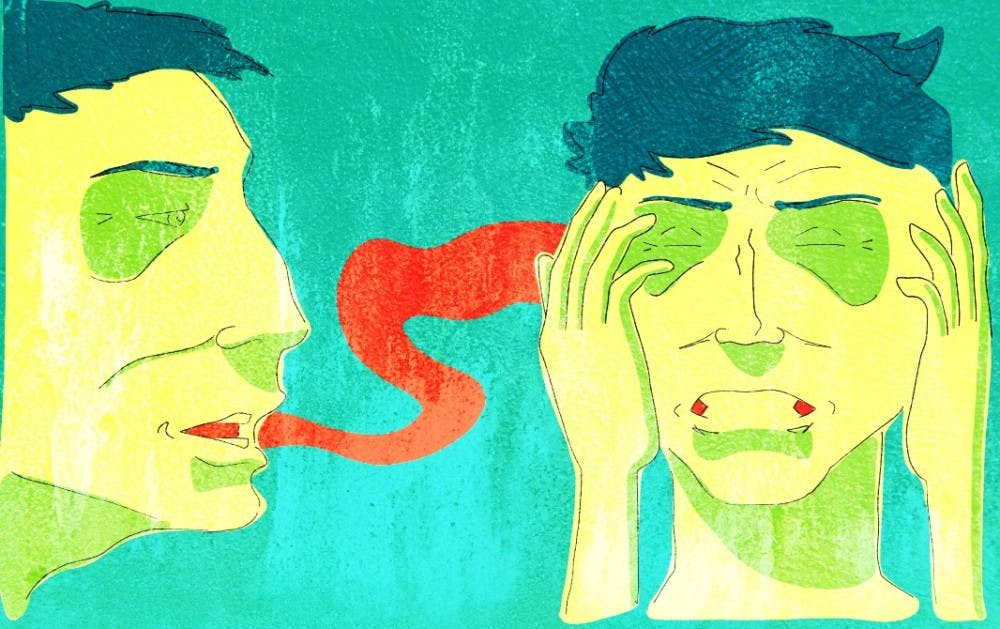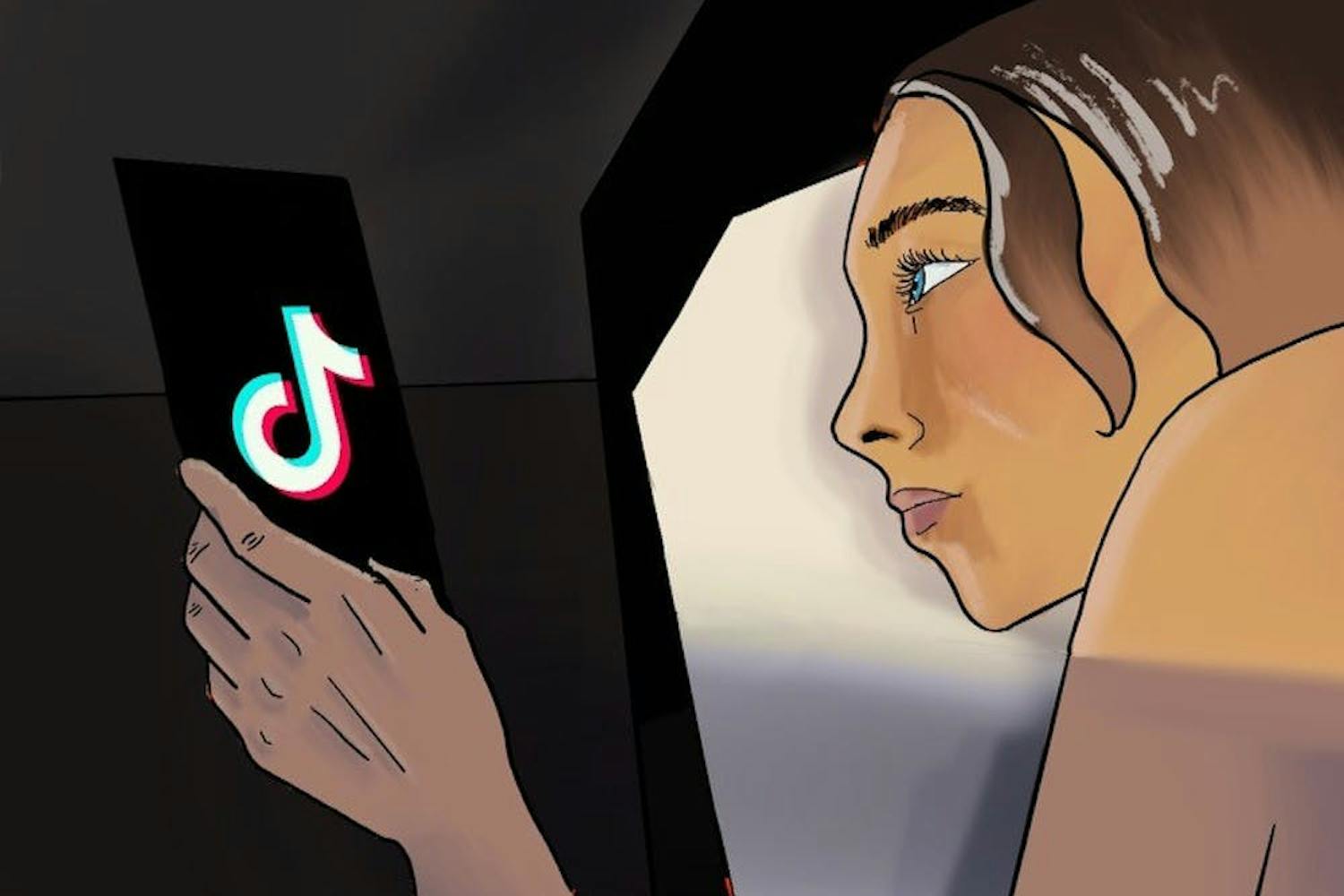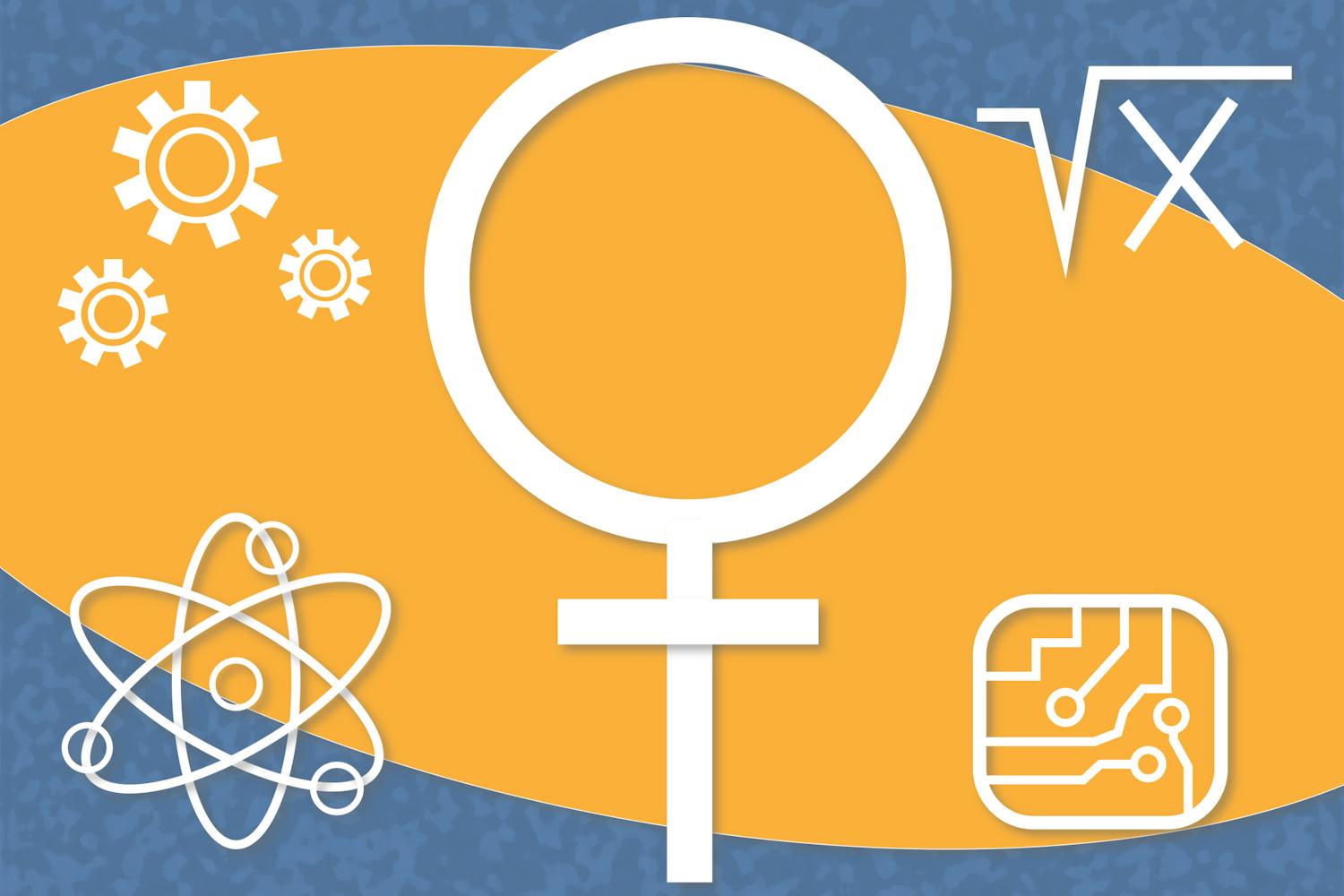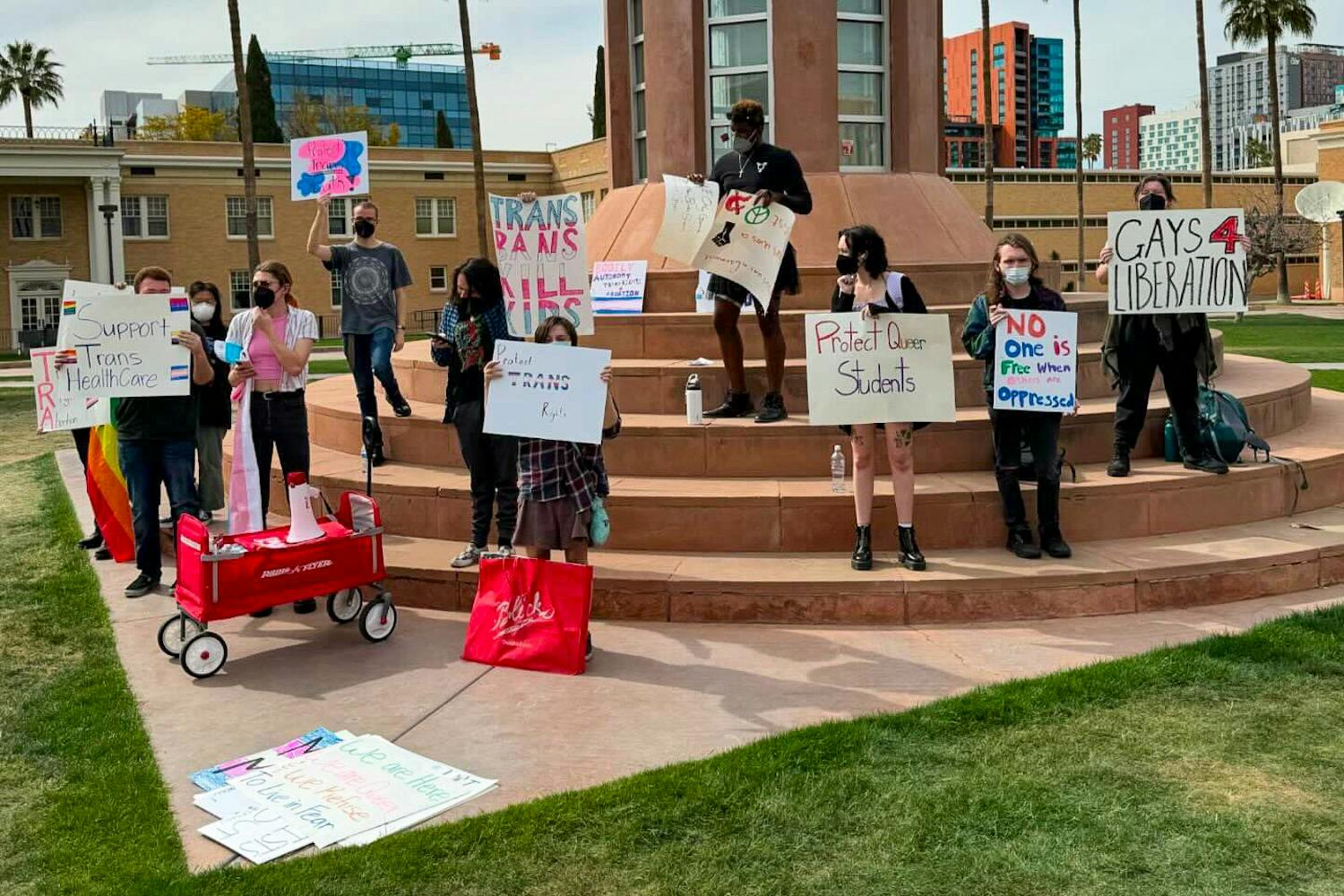Free speech is a hot-button topic across college campuses in America. Amid stories of controversies over universities censoring students, ASU is protecting its students' First Amendment rights. Overall, that's a good thing, but it's not without cost.
Read more: What do Arizona's new laws on free speech mean for ASU students?
According to the Foundation for Individual Rights in Education, Arizona State University received a “green light” rating in regard to free speech rights on campus.
This green light rating indicates that ASU administration minimally limits free speech rights on campus.
According to FIRE’s website, a green light rating "does not indicate that a school actively supports free expression. It simply means that FIRE is not currently aware of any serious threats to students' free speech rights in the policies on that campus."
Many say it's necessary for universities to respect students’ free speech rights, but not all campuses permit students to practice free speech to equal degrees. In fact, more and more colleges are inhibiting students’ rights to free speech and frequently banning outside speakers from coming onto campuses for events.
Private universities have much more discretion in deciding what free speech rights to grant students. Public universities are obligated to provide students with basic free speech rights, although they have more authority to establish what constitutes appropriate free speech.
According to FIRE, free speech comes in a variety of forms, including internet usage policies, harassment policies, protest and demonstration policies, policies on hate speech and posting policies.
"Institutions curtail students' expressive rights in numerous ways," said Joe Cohn, legislative and policy director of FIRE. "Written policies that limit students' speech, commonly called 'speech codes,' take many forms. The most common form of speech code is an over-broad anti-harassment policy that labels protected speech as harassment. Another common form of speech code is the use of misleadingly labeled 'free speech zones' that really serve to quarantine students' expressive activities to small, often secluded areas of campus."
It is important for universities to respect free speech rights on college campuses. Free speech enables transfer of thought among students who are in college to learn about difficult topics such as politics, religion, cultural beliefs and philosophy. Protecting free speech allows students to learn about the real world by engaging with a diversity of thought.
Public and private universities are vastly different when it comes to free speech rights. In a public university, students are typically granted more freedom of expression, while private universities have the right to restrict free speech under their discretion.
Public institutions, like ASU, are legally required to grant students constitutional rights. Private universities are not required to extend First Amendment rights to students, but often do. Many private universities respect constitutional law and understand that freedom of expression is important to students’ development. Because of this, private universities often grant students adequate First Amendment rights through a contractual agreement, even though they are not obliged to by law like a public university is.
This brings into question whether ASU is a university that truly cares about First Amendment rights or is simply required by law to grant them.
Largely, it seems that ASU’s administration respects students’ rights to free speech and actively supports the First Amendment. Through minimal censorship and the allowance of thought-provoking discussions on free speech rights, the University seems to be encouraging freedom of thought rather than inhibiting it.
"Colleges cannot live up to their responsibilities to be the true market places of ideas when censorship is common place on campus," said Cohn. "That said, colleges need not turn a blind eye to unprotected speech like speech that properly constitutes harassment. Institutions that are deliberately indifferent to known instances of student-on-student harassment are unlawfully fostering hostile environments that are not conducive to learning. Colleges are at their best when they recognize the crucial importance of free speech and limit student expression only in the rare instances when the Constitution permits."
ASU has been consistent in allowing free speech on campus. However, this is not to say that there are no negative consequences associated with freedom of expression. ASU has witnessed some of these consequences first-hand through Brother Dean, a controversial preacher who frequently causes rowdy discussion and protests on campus.
Nuisances like Brother Dean frequently visit ASU’s campus and can invoke counter-protests, arguments and even riots before being kicked off campus. Dean frequently visits ASU’s campus to protest against anything that goes against his religious beliefs and has generated a long list of disturbing statements.
Despite this, protecting hate speech is necessary because once universities begin to decide what they consider to be hate speech, they hit a slippery slope. Hate speech is difficult to identify objectively, and many universities, especially private colleges, may be more inclined to restrict free speech rights by condemning mildly offensive statements as “hate speech.”
Free speech on college campuses is a difficult issue to tackle because students are not granted every constitutional right at educational institutions. In fact, at some private universities, students’ free speech is restricted in various ways, such as dress codes, computer search and website restrictions, or one of many forms of censorship through literature or the Internet.
However, at ASU, students are largely able to practice free speech rights. As a public university, ASU offers students the right to express themselves unless it poses imminent harm or threat to another party, just as the First Amendment does for all Americans.
"ASU, like other institutions, can improve on how it protects free speech by teaching students — especially incoming students — about why free speech is so vital to the functioning of higher education institutions and to the health of our democracy," Cohn said. "Fostering a culture of respect for diversity of opinions is crucial work that ASU has begun by adopting the Chicago Statement."
Students at ASU should feel reassured of their free speech rights, but the fight does not stop there. Across the country, more and more universities are finding sneaky ways to inhibit students from practicing free speech. This comes in many forms, such as prohibiting guest speakers from coming on campus or censoring university newspapers.
It is important for students to know and understand their constitutional rights so that they can hold their universities responsible for allowing them to practice freedom of expression. As of now, ASU is doing an adequate job of protecting students’ civil liberties on campus.
Reach the columnist at amsnyde6@asu.edu or follow @AnnieSnyder718 on Twitter.
Editor’s note: The opinions presented in this column are the author’s and do not imply any endorsement from The State Press or its editors.
Like The State Press on Facebook and follow @statepress on Twitter.




